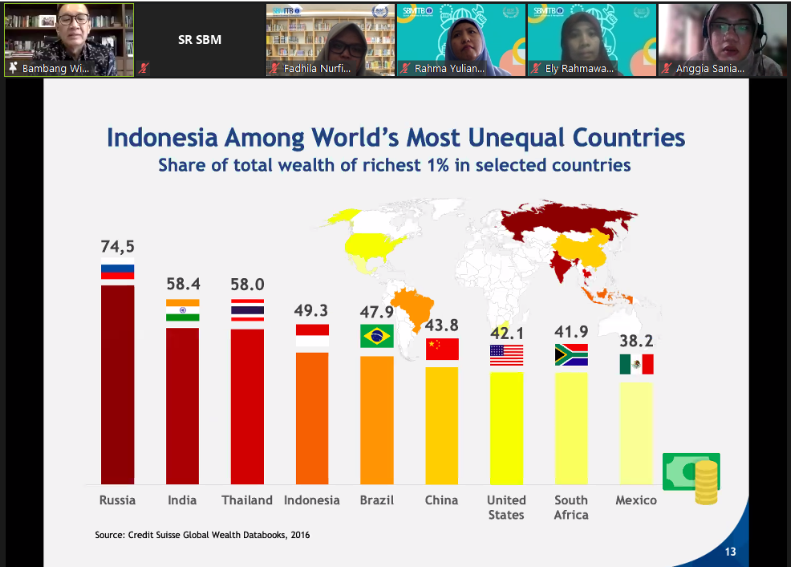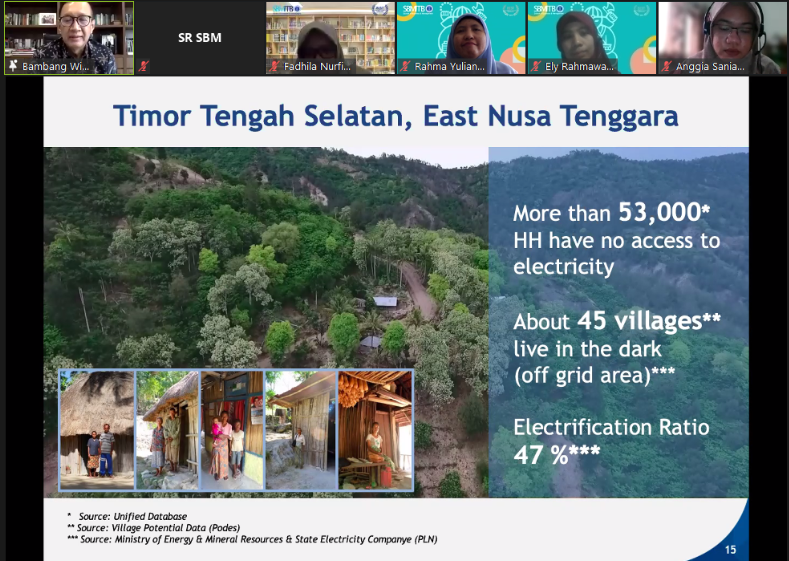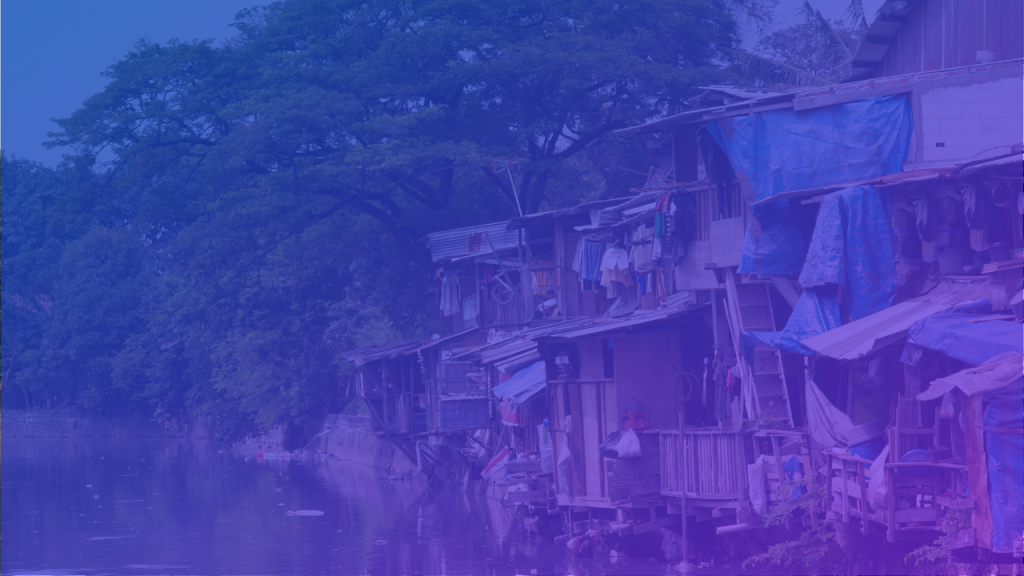The emergence of Covid-19 has exacerbated poverty and inequality in this archipelago. This problem is not only experienced by Indonesia but also countries all over the world.
Special Staff of the Vice President of Indonesia Bambang Widianto mentioned it through a guest lecture session held by MBA Jakarta in a business economics class. “Inequality is a challenge not only for Indonesia but also countries around the world,” said Bambang, Wednesday (10/03/2021)
Based on data from the Central Bureau of Statistics (BPS), Bambang stated that almost 10.19 per cent of the people in Indonesia are categorized as poor. Besides, 40% of Indonesians are in vulnerable positions in terms of poverty. This situation is compounded by the existence of Covid-19.
During the pandemic, our activities are restricted. This situation causes the economy to weaken and lots of people have jumped into the poverty line. BPS noted that during September 2019 – September 2020, 2.76 million people in Indonesia jumped into the poverty line, one of the driving factors is Covid-19. Moreover, Bambang said that the pandemic is not only affecting the poverty level but also the growth of inequality in Indonesia.
He revealed that Indonesia is among the world’s most unequal countries. Through the data from Databook, he said, Indonesia is in the 4th place for the world’s most unequal countries. Bambang argued that the main drivers for inequality are inequality in access to basic services (education, health, and basic infrastructures), inequality in access to quality jobs, the higher concentration of assets going to the richest one per cent, and low capacity to deal with stock.
One of the examples is electricity distribution. “In Jakarta, we can see that electricity is everywhere. But in Timor Tengah Selatan, NTT, more than 53.000 households have no access to electricity and about 45 villages live in the dark,” he said.


On the other side, he discovered that there are problems in measuring inequality. Research conducted by the World Bank, the Bank of Indonesia, and the Ministry of Finance found that the actual number of inequality in Indonesia is higher than previous data, so the government needs to tackle it as soon as possible.
Lastly, he explained the government’s effort to solve this problem. Bambang mentioned that first of all, the government increases the national income through subsidized credit for SMEs (KUR), reduces the burden by giving social protection such as scholarships and Keluarga Harapan program. Then, the government also has formulated policies to reduce poverty such as energy subsidies and village funds (Dana Desa).





